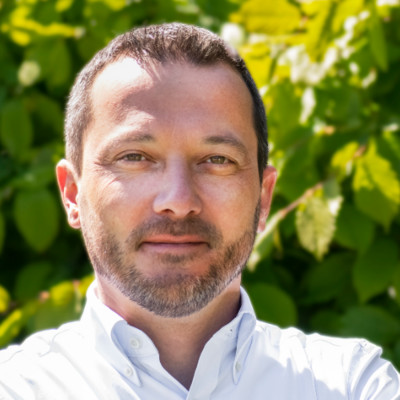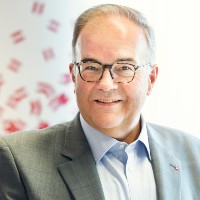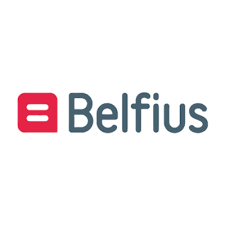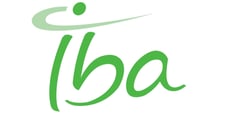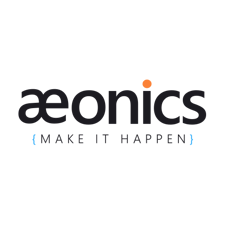Financial institutions have a key role to play in reaching the Green Deal targets set by the EU. True to its purpose “Meaningful & Inspiring for Belgian Society. Together.”, Belfius has stepped up to the plate to be a driving force in the transition towards a sustainable Belgian economy and society.
We want to put our clients in the driver’s seat to realize their ambitions in tackling societal challenges and sustainable transition, by providing them with advice, guidance and a range of meaningful bank and insurance solutions. We also endeavour to “walk the talk” in our own internal operations, as we have done for some years now, steadily reducing our own carbon emissions for instance. Having decided to work on the ESG topics that are in the scope of the Technology department, Belfius was one of the founding members of ISIT-BE.
To better initiate and co-ordinate the activities this entails, I took up the role of Sustainable Technology Manager. I have been working in the bank for quite some time (during which ‘technology’ was part of the job in some way or other) and I consider myself lucky to be able to contribute to a diverse but highly relevant topic.
 Event at Econocom in Zaventem
Event at Econocom in Zaventem
